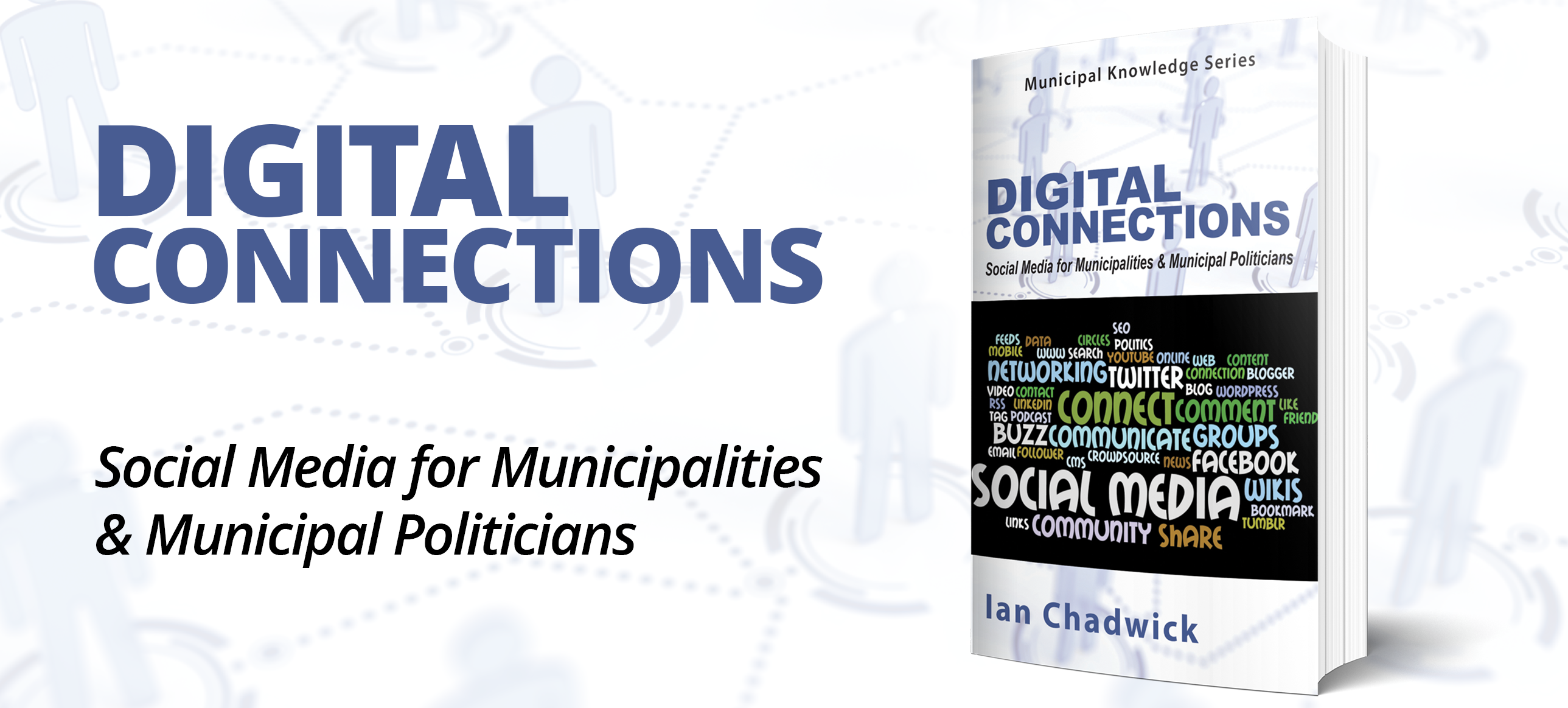Leave the comments on – no, really

Three ways Prince George increased online engagement
Most of us have thought that “Facebook is a nasty, toxic place” at least once. With the challenges of misinformation, disinformation, and the toxic comments made by keyboard warriors from the safety of their mother’s basement, many organizations, businesses, and municipal governments have thought about turning off the comments or leaving social media completely. For municipal governments, that eliminates a powerful communication and engagement tool.
But there is a way we can stay on social media, leave the comments on, and turn the conversations from insults and accusations to those of genuine dialogue and a bit of fun. And sometimes, you can even have a laugh when chatting with citizens.
Three things can help make our social media pages respectful community hubs: good content, responsiveness, and a relaxed, personal tone. These things help us to be relatable so that we can stop being viewed as “the city,” and start being “your neighbours” – because we are.
1. Content
Municipal governments should have rules of engagement. Ensure the curse filter is set to strong so that people cannot swear on your page, and then write up the rules for engagement. Tell people the behaviour you expect, warn them once when they forget, and then block them if they break the rules again. Having these rules means that you will rarely ever have to block someone. On the City of Prince George Facebook page, you will find the city’s guidelines pinned to the top of the page and in the “About” section. (Feel free to use them if they work for you.)
Governments tend to use social media pages to tell citizens the things we want them to know – we think it is a soapbox to pontificate from. But what about the things they want to know? We might really want citizens to follow our leash by-laws and tell them so. On the other hand, citizens might want to know where the off-leash park is, how much the fine is, if they need a dog licence, and how they can report off-leash dogs. Think like a citizen, anticipate their questions, and respond to them before they even ask. When we think and speak like a citizen, we are relatable.
Public service announcements give your page value. When you drove to city hall this morning, were the roads icy? Put out a warning to drivers about the conditions and tell them what you are doing about it: “Hey Prince George, it is super icy on the roads this morning! Give yourself extra time to get where you are going. Our roads team is out salting and sanding so give them room to work and a friendly wave when you see them.” This kind of message is helpful to drivers and is an opportunity to remind them of the great service you provide.
Plan some of your content ahead of time too. You know important dates, like emergency preparedness week, Remembrance Day, and pothole season – and don’t forget about Talk Like a Pirate Day in September! Create a calendar of reminders. You can even draft some of the posts ahead of time and create the graphics too.
Remember some of the golden rules of social media to improve your reach:
- Offer fresh content in plain language
- Include a link to more information
- Include a photo or a graphic that supports your message
- Prompt your audience with a question to encourage them to comment (yes, you really want them to)
- Be timely – don’t post about dog park etiquette during a snowstorm, but do talk about being bear aware on garbage day
2. Responsiveness
Build a bank of fast facts so that you are ready to respond to as many questions as you can without consulting department heads. Know how many kilometers of road you plow, how property assessments affect property taxes, and at what temperature road salt is ineffective. This helps you respond quickly to questions. When you can’t respond quickly, let the writer know that you will find the information for them and get back to them soon. Over time, you learn more and more, and responding to questions gets faster and easier. Moreover, imagine their surprise when they try to be a little antagonistic by asking how much money we make, and then they are provided with a link to the public document that lists the city’s wages. That is a shocker for some people, and it really helps credibility.
Several good things happen when we respond to questions: citizens get the information they wanted; others can see that we are open, honest, and transparent; and we build trust in our community. Bonus: we learn a bit about what is important to citizens. Because Facebook’s algorithm is based on interactions, responding increases engagement, and our posts will show up in our followers’ feeds more often.
When we provide facts on a public platform, we build trust. Then, when a community Facebook page shares a nasty rumour, a citizen might come to your city page and ask if it’s true. You have the chance to correct the misinformation publicly for everyone to see.
3. Tone
When people see “please be advised,” most of the time they want to stop reading. It feels like you’re about to get a stern lecture that you don’t really want to hear (think Charlie Brown’s teacher). If you say “the road is closed,” they will know the road is closed – you don’t have to say “please be advised” first. Think about every word in your posts and make sure they are conversational and not full of jargon and government-speak. Read it aloud. Do you sound like you are talking to a friend or lecturing a child?
The City of Prince George has been using a more conversational, and sometimes cheeky, tone on city social media pages for 10 years. Social media is not a news release or report to council; it is the city (run by your neighbours) speaking to the community. The city has teased the public and accepted their teasing right back. The citizens really seem to like it when the city laughs at itself. And even when they complain, they appreciate the answers. Most importantly, they are polite.
Here are a few of the comments the city has received on its posts:
- “Never ever, ever in my life have I looked forward to reading local government communication posts … until now. I don’t even live in PG and I search them out!”
- “Whoever is in charge of this account is funny and informative. Thanks for the laughs and humour in a seemingly endless negative narrative social media world we find ourselves in. PS if you are reading this, it’s because I have deleted or unfollowed all the negative problem spotters out there online. FB has to send me something and now keeps sending me your updates. Well done City PG for making the FB algorithms of my now selective page.”
- “I used to scroll past the city’s posts, now I happily stop and read them as well as looking for their replies to some comments. Keep up the amazing job!!”
Some of the posts that prompted comments like these include:
- asking them to scoop their poopsicles (AKA winter dog poo) in our parks;
- asking them to stop yelling at our plow drivers;
- reminding them that snow is not our fault; and
- warning them not to drive in puddles because there may be a huge rim-wrecking pothole under the tranquil waters.
Yes, the city even talks about potholes, and citizens didn’t get upset. When serious topics like taxes, volunteers for council committees, and park vandalism are discussed, a more serious tone is adopted – while still using plain language. The golden rule: things that cost money are not funny.
Results
The City of Prince George adopted the conversational, cheeky tone and in two months engagement increased by 345 percent on Facebook and over 100 percent on other platforms. The other significant benefit is that city departments that usually avoid talking about what they do, are letting the communications team talk about what they do. Public works and parks staff usually prefer to stay out of the spotlight to avoid possible criticism. They tend to receive phone calls and emails from unhappy people, but on social media they are popular. After sharing a few positive comments with staff, more teams are willing to share what they do.
In collaboration with the city’s parks manager and staff, a post about what parks workers do in the winter was created. The post informed citizens of the elusive – rarely seen in winter – Parkeous Workereous (that’s Latin for Park Worker). It delighted citizens. They learned about a service they receive – and staff were praised.
This might seem strange, and sound a little Pollyanna – some of you might be rolling your eyes – but the city really does have about 98 percent positive comments. There is still the odd, difficult question about something that may not have been done well. But the correct course of action is to answer truthfully and then move on. Honest answers tend to end the conversation quickly.
We are not perfect. We are just people doing our best in the communities that we live in. Getting such a powerful message across means that we can leave the comments on, have good conversations, and learn a bit about what matters to our citizens. MW
✯ Municipal World Insider and Executive Members: You might also be interested in Cyrus Mavalwala’s article: A social media success framework for municipalities.
Julie Rogers, APR, is the Communications Manager for the City of Prince George.
Related resource materials:



